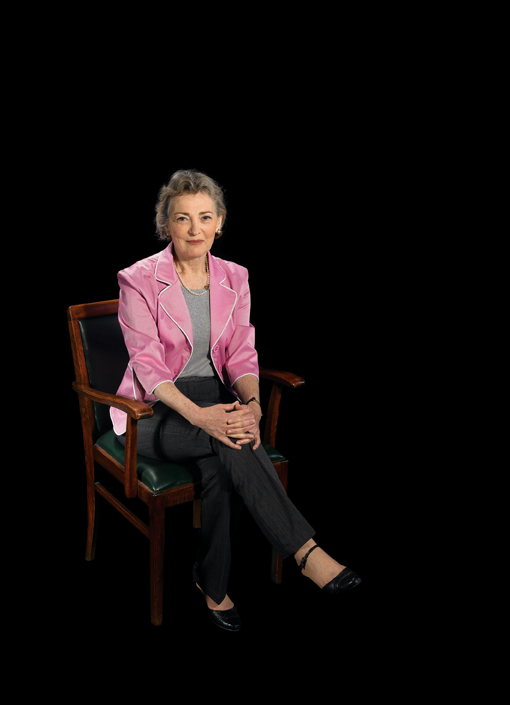Are you a journalist? Please sign up here for our press releases
Subscribe to our monthly newsletter:

Prof. Hadassa Degani: "The advances in this technology have the potential to revolutionize the field of diagnostics. I have no doubt that all these methods will eventually be translated to clinical use. In the meantime, we continue to get ever newer and better tools."
How does cancer differ from healthy tissue? Better and more detailed answers to this question can lead to improved diagnostic and monitoring techniques. Prof. Hadassa Degani of the Institute's Biological Regulation Department is not only finding answers but is doing so with non-invasive methods that can readily be adapted for clinical use.
Degani uses magnetic resonance imaging (MRI) to reveal the structure of both healthy and cancerous breast tissue. A technique she developed for diagnosing malignant breast cancer through highlighting and imaging the pattern of blood vessels in the tumor was approved several years ago by the US Food and Drug Administration. Now, Degani and her team are making progress toward another promising diagnostic method – one that is even less invasive than the first, as it requires no injections of contrast material. They are using MRI to survey the network of mammary ducts in the breast. Breast cancer commonly begins in these ducts, and the team is creating a method to identify any dangerous blockages in the ductal network.
Yet another project in Degani's lab makes use of a new, advanced magnetic resonance technique developed, in part, by Prof. Lucio Frydman of the Chemical Physics Department. Many times more rapid and sensitive than previous magnetic resonance methods, this technology enables the team to see how cancer cells quickly metabolize small numbers of specific molecules. Their findings may lead to faster, more accurate cancer diagnostics and new potential targets for cancer therapy.
Prof. Hadassa Degani's research is supported by the Center for Health Sciences funded by the Dwek Family Biomedical Research Fund and the Maria and Bernhard Zondek Hormone Research Fund. Prof. Degani is the incumbent of the Fred and Andrea Fallek Professorial Chair in Breast Cancer Research.